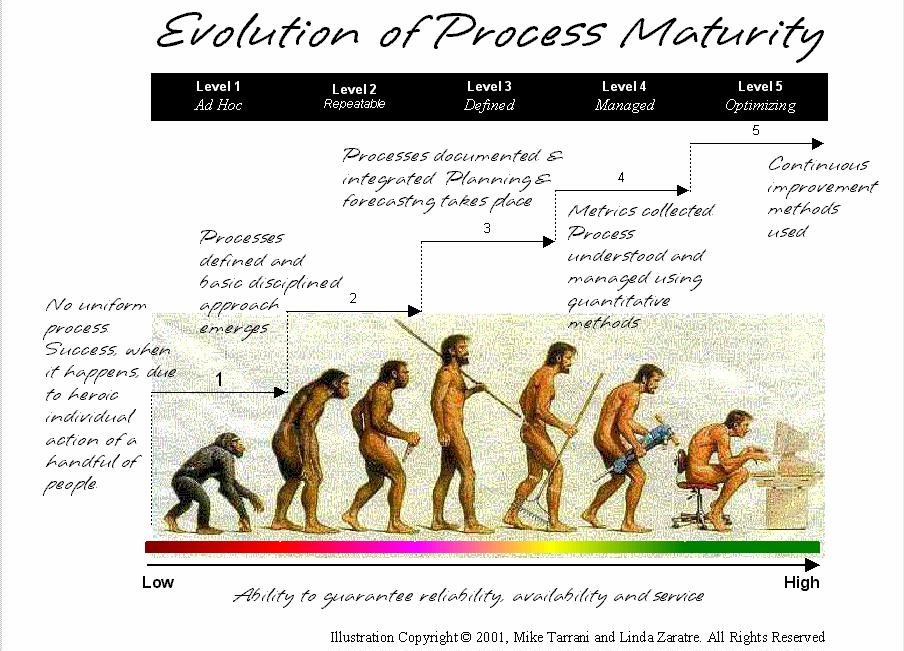The interplay between science and religion has perpetually incited discourse, particularly regarding the concept of evolution and its implications for belief in a higher power. This article explores the Bahá’í perspective on evolution, examining whether this biological process serves a divinely orchestrated purpose in nurturing faith in God. The Bahá’í teachings provide a multifaceted understanding that marries scientific inquiry with spiritual insight, inviting followers and skeptics alike to engage in thoughtful consideration of the implications of evolution.
To commence this discussion, it is crucial to delineate the Bahá’í view of God and creation. In the Bahá’í faith, God is posited as the ultimate reality, transcending time and space. The universe, including the processes of evolution, is perceived as an expression of divine will. This perspective engenders an intrinsic connection between humanity and its Creator, suggesting that evolution could very well be an intentional mechanism engaged by God to facilitate spiritual development and generate a recognition of His omnipotence.
The first aspect to consider is the fundamental nature of evolution itself. Evolution, as defined in scientific contexts, encompasses the gradual development of organisms over time through processes such as natural selection and genetic mutation. This reality, while often perceived as antithetical to traditional religious tenets, can be seamlessly integrated into the Bahá’í worldview. The teachings posit that evolution is not a mere arbitrary scientific occurrence; rather, it is imbued with purpose and alignment with the divine plan.
Bahá’í teachings advocate the notion that creation is an ongoing process, echoing the evolutionary paradigm. Accordingly, the physical universe operates under natural laws established by God, encompassing both the material and spiritual dimensions of existence. These teachings suggest that evolution facilitates humanity’s journey towards recognizing and fulfilling its spiritual potential. Hence, the biological trajectory is viewed not as a void devoid of divine intent, but rather as a purposeful unfolding leading individuals toward deeper spiritual understanding.
Moreover, the interplay between evolution and spirituality becomes evident when exploring how evolutionary progress reflects a divine blueprint intended to foster spiritual awakening. The Bahá’í faith posits that every soul is endowed with a rational faculty, enabling inquiry into profound existential questions about life, existence, and the divine. As intelligent beings engaged in the process of evolution, individuals are conditioned to seek truth and ultimately recognize their Creator. This innate yearning for understanding can lead one to cultivate a belief in God.
In examining the historical context of the relationship between evolution and belief, it is noteworthy to mention that various religious traditions express ambivalence towards evolutionary theory. The Bahá’í teachings, however, stand apart by embracing scientific findings while maintaining fidelity to spiritual revelations. Abdu’l-Bahá, a central figure in the Bahá’í faith, articulated that the laws of nature, including those governing biological evolution, do not conflict with the teachings of God. This synthesis invites believers to view scientific advancements as extensions of divine knowledge, enhancing their understanding of both the material and spiritual realms.
Furthermore, the concept of evolution extends beyond the physical domain to encompass spiritual evolution within humans. Bahá’í teachings emphasize the idea of a dual nature in humanity—an amalgamation of material and spiritual identities. Just as evolution shapes the physical characteristics of organisms, spiritual evolution fosters moral and ethical development within individuals. This parallel draws attention to the belief that the evolution of the soul is a quintessential aspect of human existence, leading to an alignment with divine will and fostering a belief in God.
Another critical dimension of this discourse involves the role of divine revelation in evolution. Bahá’ís hold that God sends Manifestations, such as Jesus Christ, Muhammad, and Bahá’u’lláh, to provide guidance suitable for the progressive nature of humanity. Each Manifestation offers insights about the universe, morality, and the essence of God. The synchronization of evolution with divine revelation posits that as humanity evolves intellectually and spiritually, so too does its understanding of God deepen, culminating in a more profound belief and relationship with the divine. This synergistic relationship elucidates that evolution, rather than negating belief in God, can enhance and elaborate it.
Moreover, the global Bahá’í community is founded upon principles that emphasize unity, equality, and the promotion of peace among all people. The acknowledgment of human diversity and our shared evolutionary lineage can inspire profound respect and empathy. According to these teachings, recognizing our evolutionary connections fosters an understanding that transcends religious boxes, promoting a more inclusive appreciation of the multitude of paths that lead to faith in God. Such reflections underscore the transformative potential of viewing evolution not solely as a mechanism of survival, but as a divine strategy to cultivate oneness among humanity.
In conclusion, the exploration of whether evolution is programmed to make us believe in God through the lens of Bahá’í teachings reveals a rich tapestry of interconnected ideas. Evolution serves as a conduit for both physical and spiritual growth, inviting individuals to engage in a quest for truth, ultimately leading them toward a recognition of their Creator. The perspective that evolution is harmoniously interwoven with divine will compels believers to embrace scientific advancements as integral to their spiritual journey, thus forging a path where faith and reason coexist. This dialogical framework fosters an understanding that God is not only found in sacred texts but is also present in the intricate processes of the natural world, inviting all souls to awe and reverence in the majesty of creation.
